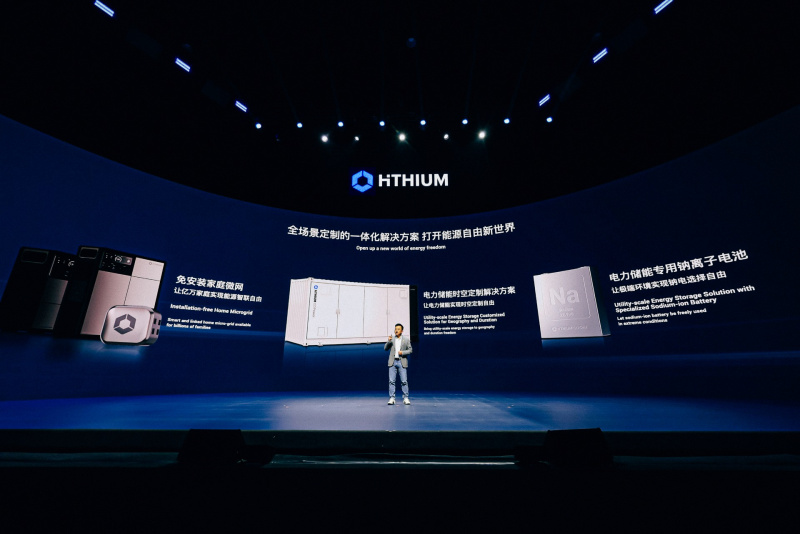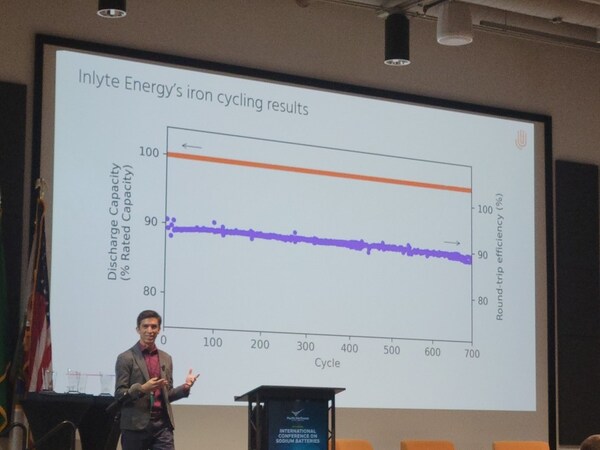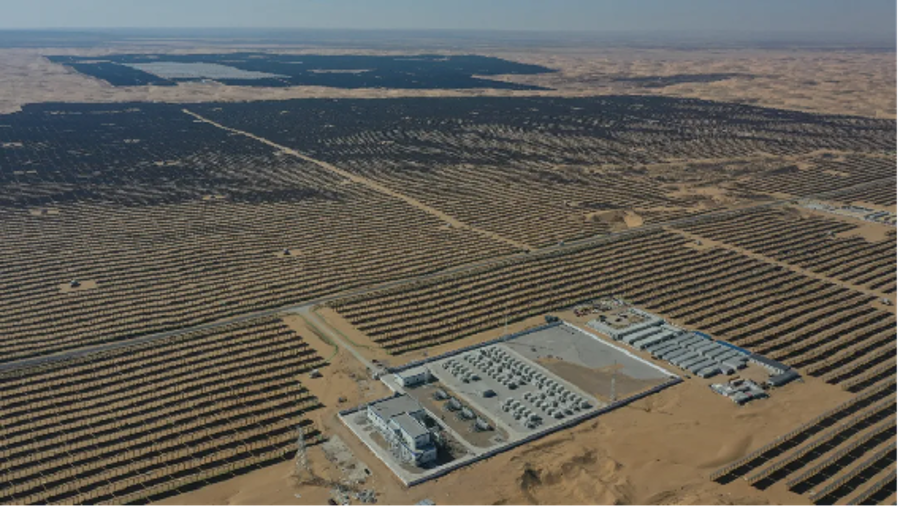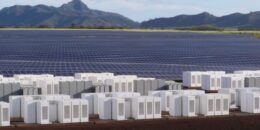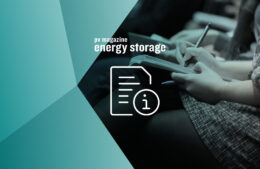BASF, NGK launch sodium-sulfur battery with less than 1% degradation rate

BASF Stationary Energy Storage, a subsidiary of chemical company BASF, and Japanese ceramics manufacturer NGK Insulators have launched a new version of their sodium-sulfur (NAS) batteries.
The containerized NAS MODEL L24 battery jointly developed by the partners, whose cooperation started in 2019, boasts a few technological improvements. Compared to the previously available battery type, the new NAS battery is characterized by a significantly lower degradation rate of less than 1% per year thanks to a reduced corrosion in battery cells.
Another technical achievement is an improved thermal management system in battery modules, which enables a longer continuous discharge. For instance, in the case of discharging at 200 kW-dc per NAS MODEL L24 unit, the continuous discharging duration is six hours.
The new technology elements have been incorporated into the field-proven battery design. Namely, NAS batteries were implemented practically for the first time in the world by NGK and since then installed at over 250 locations worldwide, with a total output of over 720 MW and total capacity of around 5 GWh installed.
Like the earlier version, the new concept complies with the latest safety standards for energy storage installations, such as UL1973 and UL9540A.
With the NAS MODEL L24 our customers will be able to […] save on long-term project costs approx. 20% over project lifetime.
Furthermore, due to the latest technological upgrades, the new NAS battery allows for lower maintenance costs compared to the earlier version.
“With the NAS MODEL L24 our customers will be able to reduce their initial investment in battery storage system as well as save on long-term project costs, approx. 20% over project lifetime,” said Frank Prechtl, Managing Director of BASF Stationary Energy Storage GmbH. “We are proud to have contributed to the advancement of NAS battery technology, which is an essential building block for a successful energy transition.”
NAS batteries are long-duration, high-energy stationary storage batteries. They feature long life and enhanced safety and can provide a stable power supply over six hours or longer – even up to around 18 hours at one-third of full output.
Various use cases possible
They are used for various use cases, including stabilizing of renewable energy and optimizing its utilization, through peak shaving and load balancing, as well as emergency power supply.
NAS batteries consist of sodium as the negative electrode and sulfur as the positive one. A beta-alumina ceramic tube functions as the electrolyte, which allows only sodium ions to pass through.
When discharging, sodium is oxidized, and sulfur is reduced to form polysufide. The charging step again recovers metallic sodium and elemental sulfur.
NAS batteries are rated at 4,500 full cycle discharges or a 15-year calendar life. The battery runs at temperatures of around 300 C. Both elements are in liquid state when the battery is operational.




